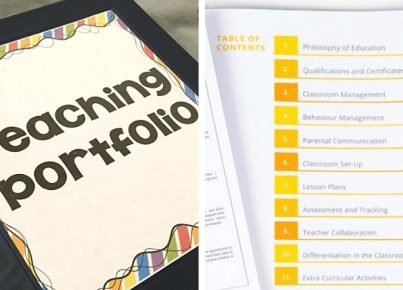Introduction
Continuous Professional Development (CPD) is essential for educators to remain competent, adapt to new teaching methodologies, and keep abreast of advancements in their field. One significant aspect of CPD is teacher enquiry and research, which broadens educators’ perspectives and enhances their ability to provide high-quality education. This article delves into the importance of teacher enquiry and research within the CPD framework and its implications for educators.
The Importance of Teacher Enquiry and Research
1. Evidence-based practice: Teacher enquiry and research foster evidence-based practice, allowing educators to reflect on their instructional approaches, assess effectiveness, and revise strategies accordingly.
2. Adaptation to change: The rapidly evolving educational landscape necessitates that teachers remain informed about novel teaching techniques, emerging technology tools, and current curriculum updates. Engaging in research facilitates adaptation to these changes.
3. Increased student engagement: Teachers involved in enquiry and research often develop a deeper understanding of students’ developmental needs, leading to more effective instructional methodologies that result in increased student engagement and progress.
Methods of Conducting Teacher Enquiry and Research
1. Action Research: This method involves identifying a challenge or area of improvement within one’s educational context. Teachers then develop a plan to address this issue, implement it, evaluate results, and make necessary modifications before starting a new cycle.
2. Lesson Study: Originating in Japan, lesson study is a collaborative process involving a group of teachers who observe one another’s lessons, gather data on student learning, discuss findings, reflect on their practice, and modify or enhance instruction based on observations.
3. Collaborative Research: This approach emphasizes working with colleagues or other experts to explore a shared topic or challenge within education. Collaborative research develops professional networks while enhancing individual knowledge bases.
4. Exploratory Talks: These are organized dialogues where teachers present and discuss their research with colleagues or peers. They provide an opportunity for educators to receive input, share experiences, and refine their understanding of different educational issues.
Promoting Teacher Enquiry and Research in Schools
1. Encourage a learning environment: School leaders should foster a positive atmosphere conducive to inquiry, exploration, and risk-taking within the classrooms.
2. Provide training and resources: Teachers should be given access to professional development opportunities targeted at research skills, along with adequate resources to support their research endeavors.
3. Develop partnerships with universities and research organizations: Educational institutions can collaborate with universities and other research bodies to provide support, resources, and expertise to teachers engaged in enquiry.
4. Recognize and celebrate achievements: Recognizing teachers’ research accomplishments through certifications or distinctions can motivate others to participate in professional development activities based on enquiry and research.
Conclusion
Teacher enquiry and research are effective means of ensuring that educators remain updated, informed, and empowered. By incorporating these approaches into their CPD framework, teachers can contribute to a vibrant, high-quality educational community where students thrive academically.



